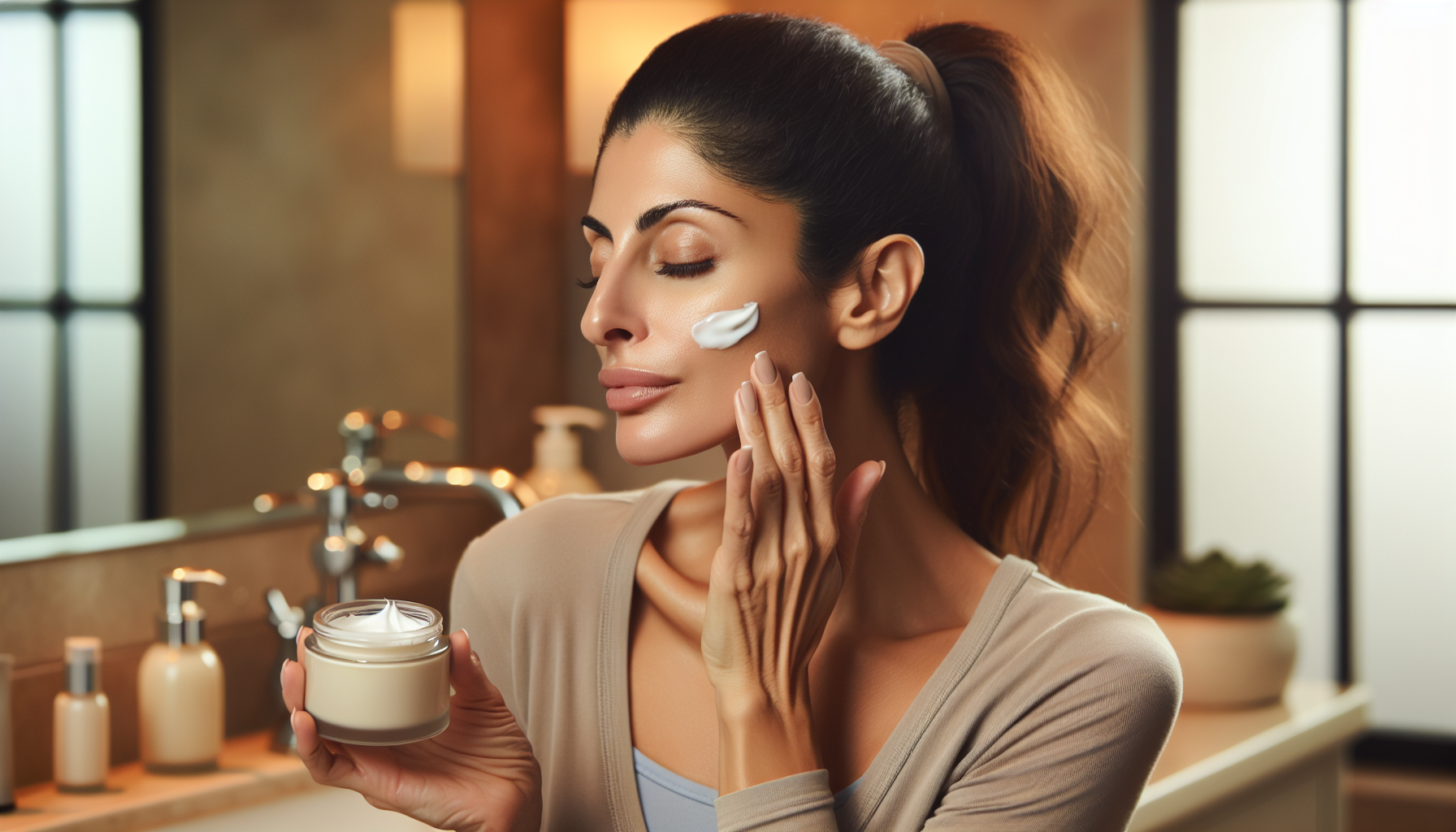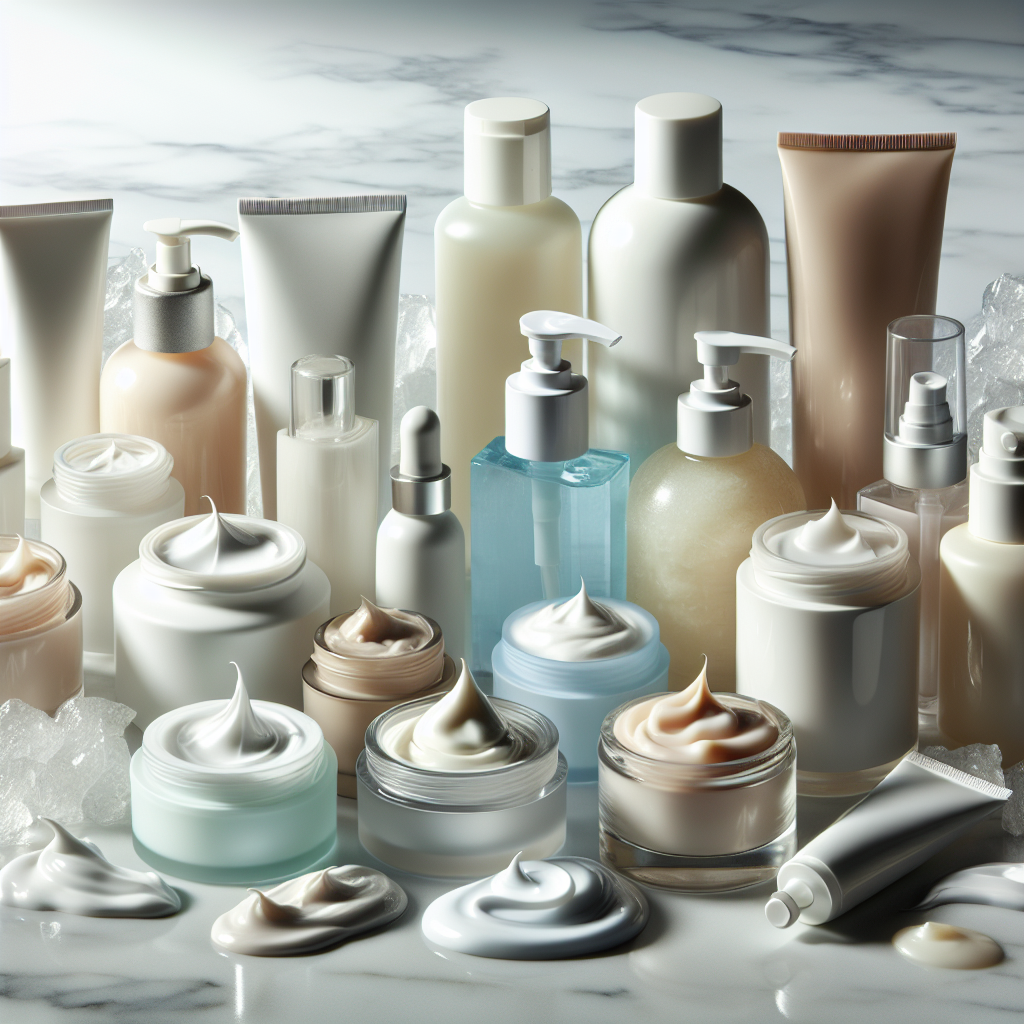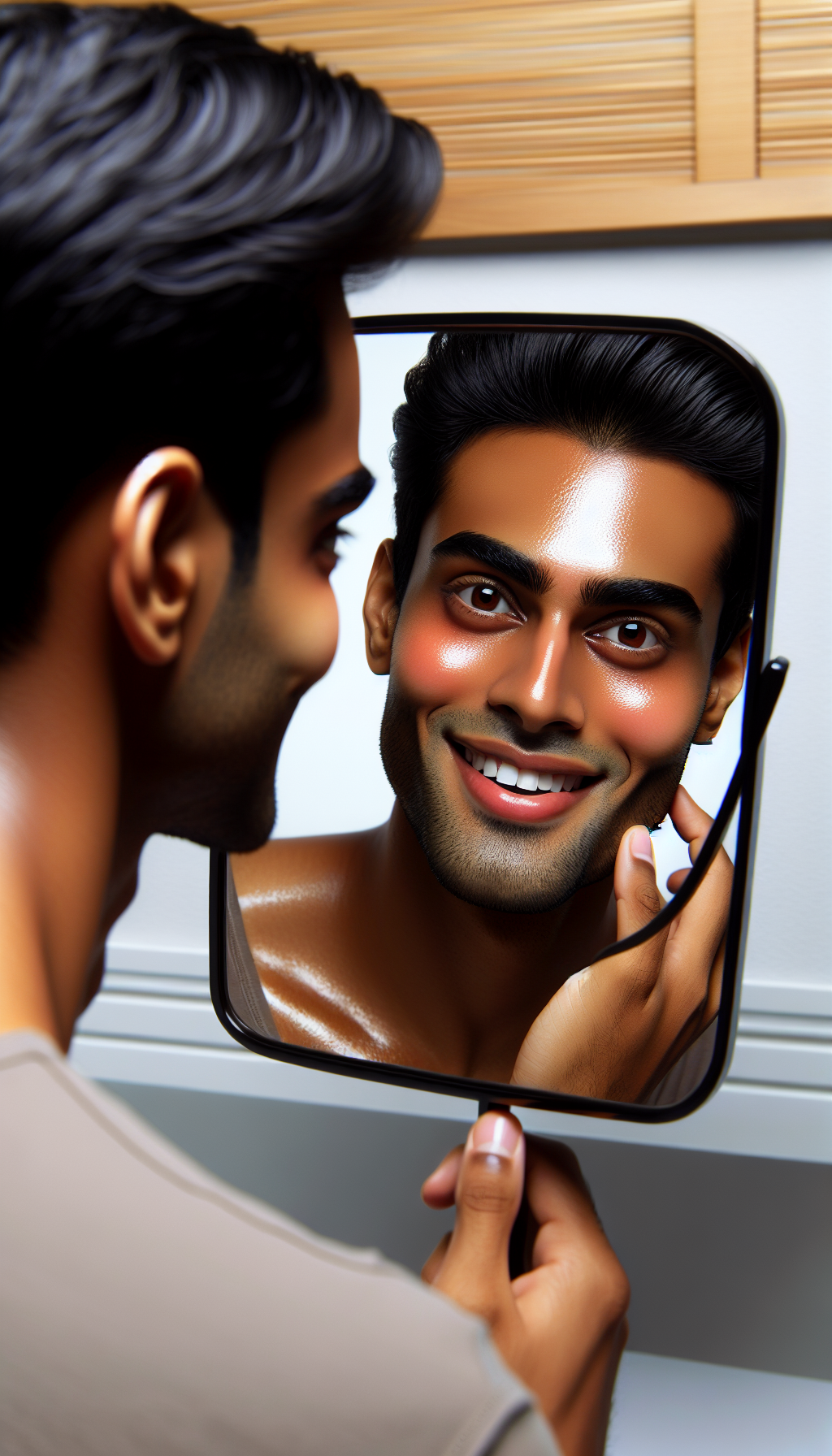The skin is the body’s largest organ, and its health is critical not only for aesthetic reasons but also for overall wellness. A robust daily skin care regimen is paramount in maintaining the skin’s integrity and youthful appearance. Central to this regimen is moisturizing, a step that cannot be overlooked if one desires to keep their skin healthy and radiant. In this comprehensive exploration, we will delve into the science behind moisturizing, its benefits, and how to incorporate it effectively into your daily skin care routine.
The Science of Skin Hydration
Moisturizing isn’t merely about making the skin feel soft; it’s a critical process that helps maintain the skin’s natural barrier function. This barrier protects against environmental aggressors such as pollutants, bacteria, and irritants. When the skin is dry, it can become flaky, itchy, and more prone to irritation and inflammation.
The skin naturally produces oils that help retain moisture, but various factors can disrupt this balance. Whether it’s due to aging, environmental conditions, or harsh skincare products, the result is the same: compromised skin that needs help to regain its hydration.
Advantages of Regular Moisturizing
A consistent moisturizing routine offers numerous benefits:
- Hydration: Moisturizers help to lock in water content in the skin, keeping it hydrated and plump.
- Protection: They reinforce the skin’s barrier, shielding it from harmful external elements.
- Prevention of Skin Problems: By maintaining balanced moisture levels, moisturizers can prevent skin problems such as dryness or oiliness.
- Anti-Aging: Well-moisturized skin can reduce the appearance of fine lines and wrinkles, contributing to a more youthful complexion.
Understanding the link between hydration and skin oil production can further enhance your skin care routine, ensuring that you achieve the desired balance for healthy skin.
Types of Moisturizers
There are several types of moisturizers, each formulated to cater to different skin types and concerns:
- Occlusives: These create a physical barrier to prevent moisture loss.
- Humectants: These attract water molecules from the air into the skin.
- Emollients: These fill in the gaps between skin cells that are missing moisture, making the skin feel smooth.
Selecting the right moisturizer for your skin type is crucial. For example, those with oily skin may benefit from a lightweight, non-comedogenic moisturizer, while those with dry skin might require a richer, more emollient cream.
Choosing the Right Moisturizer
When selecting a moisturizer, consider the following factors:
- Skin Type: Know whether your skin is dry, oily, combination, or sensitive.
- Ingredients: Look for key hydrating ingredients like hyaluronic acid, glycerin, and ceramides.
- SPF: For daytime use, choose a moisturizer with added sun protection.
For those with sensitive skin, it’s particularly important to be mindful of the products you use. Get insights on choosing sunscreen for sensitive skin types to complement your moisturizing routine.
Best Practices for Moisturizing
To get the most out of your moisturizing routine, follow these best practices:
- Apply on Damp Skin: Moisturizer is most effective when applied to damp skin, as it helps to lock in moisture.
- Use the Right Amount: A dime-sized amount is typically enough for the face.
- Be Gentle: Use gentle upward strokes to avoid pulling or stretching the skin.
- Don’t Forget the Neck and Décolletage: These areas are often neglected but need moisture just as much as the face.
Common Moisturizing Myths
As you embark on improving your moisturizing habits, be aware of common myths that can derail your efforts:
-
Myth: You don’t need to moisturize if you have oily skin.
-
Reality: Even oily skin can be dehydrated and needs moisture.
-
Myth: Thicker creams are always more hydrating.
-
Reality: The effectiveness of a moisturizer is not solely dependent on its thickness but on its ingredients and formulation.
External Resources for Further Reading
For those looking to deepen their understanding of skin hydration, the following resources offer valuable information:
- A study on the effects of moisturizers on skin barrier function.
- Research on the role of natural moisturizing factors in skin hydration.
- An article discussing the environmental impacts on skin aging.
Integrating Moisturizing into Your Overall Skin Care Regimen
Moisturizing should be one component of a holistic skin care approach. Consider how diet impacts your skin’s health by exploring how diet affects skin health over time. Additionally, recognize the importance of patience in seeing results from any skin care routine, as detailed in the importance of patience in skin care results.
Conclusion
Moisturizing is a non-negotiable step in a comprehensive skin care regimen. Not only does it provide immediate relief and comfort to the skin, but it also has long-term benefits, preventing premature aging and maintaining the skin’s health. Remember that the right moisturizer, coupled with correct application techniques, can make all the difference in achieving a radiant and youthful complexion.
To explore more about skin health and its relation to overall wellness, consider reading about skin health on Avix Health.
Making moisturizing a central part of your daily skin care routine is an investment in the long-term health and appearance of your skin. Take the time to find the right products and practices that work for you, and enjoy the benefits of well-hydrated, protected, and youthful-looking skin for years to come.



